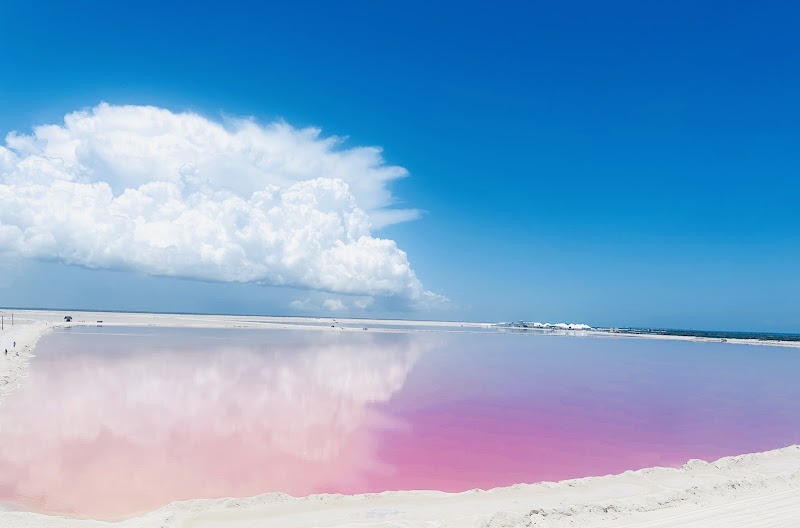
Los Petenes Biosphere Reserve Adventures
Los Petenes Biosphere Reserve is a vital coastal wetland area featuring extensive mangroves, freshwater springs, and diverse wildlife, offering unique opportunities for birdwatching, kayaking, and ecological exploration.
About Los Petenes Biosphere Reserve

Located on the western coast of the Yucatán Peninsula in Quintana Roo, Mexico, Los Petenes Biosphere Reserve spans a large area consisting of coastal lagoons, mangrove forests, freshwater springs, and tropical dry forests. The reserve is named for its characteristic 'petenes,' which are islands of dense forest rising above the wetlands and surrounded by mangrove swamps. These petenes serve as critical habitats for many endemic and endangered species. The reserve plays an important ecological role as a nursery for fish and other marine life in the Gulf of Mexico. Rich biodiversity includes more than 250 bird species, including migratory birds such as the jabiru stork and the mangrove cuckoo, as well as mammals like manatees and jaguars. Visitors are attracted to the area for its pristine environment suitable for birdwatching, kayaking through mangroves, and guided nature tours emphasizing conservation education. The biosphere reserve is culturally significant, with Mayan communities residing in and around the area, contributing traditional knowledge related to sustainable resource use. While the reserve lacks heavily developed infrastructure, eco-tourism initiatives emphasize low-impact outdoor recreation such as small boat exploration and wildlife observation. Its biological, hydrological, and cultural values make Los Petenes critical for regional conservation efforts and an exceptional destination for travelers interested in tropical wetlands and biodiversity.
Highlights
Petenes – elevated forested islands within mangrove swamps offering unique wildlife habitats
Extensive mangrove ecosystems supporting manatees and numerous bird species
Freshwater springs feeding into coastal lagoons creating critical nursery habitats
Boat tours through mangrove channels providing immersive wildlife viewing experiences
Notable Natural Features
Mangrove Forests
Dense mangrove systems that protect coastal areas and serve as essential wildlife habitat and nursery zones.
Petenes Islands
Forest-covered elevated areas within wetlands, home to diverse terrestrial and aquatic species.
Coastal Lagoons and Freshwater Springs
Brackish and freshwater ecosystems supporting important fish breeding grounds and aquatic biodiversity.
